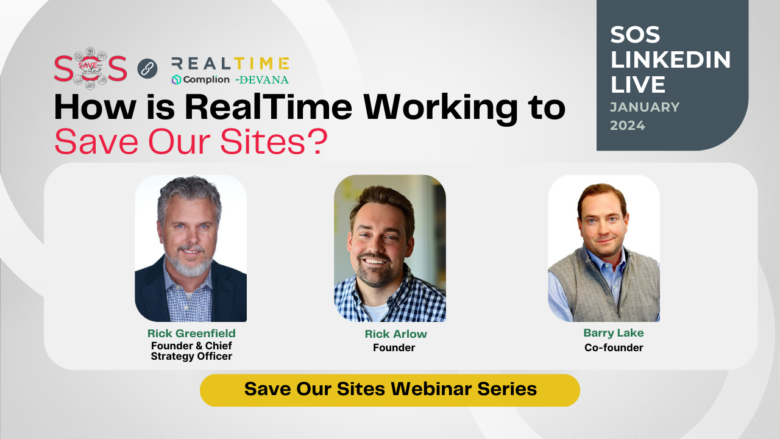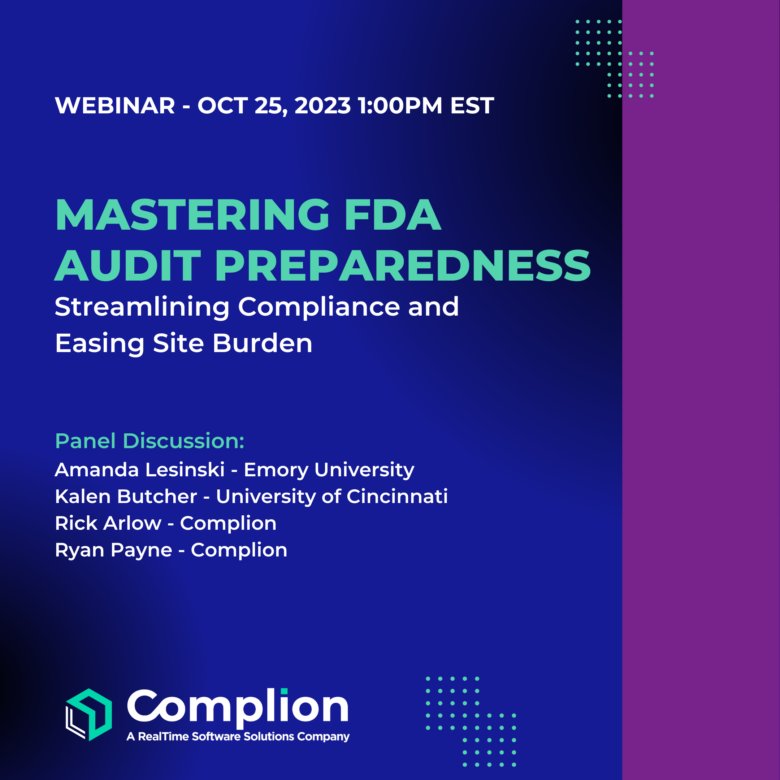eRegulatory binders help clinical sites organize and digitize the regulatory process. In this post, we take a brief look at what every FDA-regulated binder needs to have.
As a research coordinator or administrator, you’re responsible for managing forms, signatures, monitor visits, regulatory documentation and more. Not to mention squeezing in patient-related work at clinical sites. eRegulatory binders help manage the paper burden all this work creates, making it easier to move through each stage in the lifecycle of the study.
eRegulatory binders help establish compliance with Good Clinical Practice (GCP), an essential factor for clinical sites which depend on their reputation for business. Binders with all the appropriate documentation, up to date and in good order, keep all stakeholders happy – from the FDA to the trial sponsor.
Every binder is different depending on the specific clinical trial site protocol. But every digital binder has to at least meet the GCP guidelines (ICH-GCP), 21 CFR Part 11 requirements and IND/IDE regulations.
With that in mind, here is an overview of the specific sections and documents that must be included for an FDA-regulated study.
eRegulatory Binder: FDA Essentials
- FDA Documents
From IND/IDE applications to final reports and every amendment and form in-between, this is one of the largest sections of the binder. You must maintain all versions of any form, include copies of all reports and any and all communications with the FDA (even phone calls). If you change a protocol or hire a new investigator, that amendment needs to be tracked, too. Laboratory documents, financial disclosures and any formal agreements with organizations (like a CRO) must be maintained as well.
- IRB Documentation
Once you formally designate an Institutional Review Board (IRB) to review and monitor your trial, all of that information goes in the binder. The IRB has the authority to approve, require modifications or disapprove research, and ensures that appropriate steps are taken to protect patients. Keeping track of everything related to your IRB, including all correspondence, is key to staying compliant so you can move the study along.
- Study Tracking Logs
This broad category includes documentation relating to the patient (name, study number, contact information), adverse event reporting, a log of tasks delegated to specific study team members and any information about special training completed for the study.
- General Correspondence
Any other communication on study-specific issues with anyone outside of the FDA (clinical personnel, pharmacy, etc) should be recorded here. This could include emails or phone conversations.
- Study Personnel
Resumes/CVs and licensure for all individuals involved in the study must be included.
Conclusion
The regulatory binder is essential to ensuring a quality conduct of the study – improving the success of your trial and your overall reputation. But the above list only represents the baseline of information required in a single binder. And if you’re responsible for multiple studies, that’s multiple binders.
So, if your eRegulatory process still involves manually moving copies of files into separate digital folders, it will be hard to establish practices that are consistent and predictable enough to scale and track. Because measurability is what gives you the insight you need to grow – and sponsors the insight they need to trust your site.
Complion helps clinical research sites overcome cumbersome regulatory practices, cheap digital systems and commonplace expectations. See how, schedule a demonstration..


